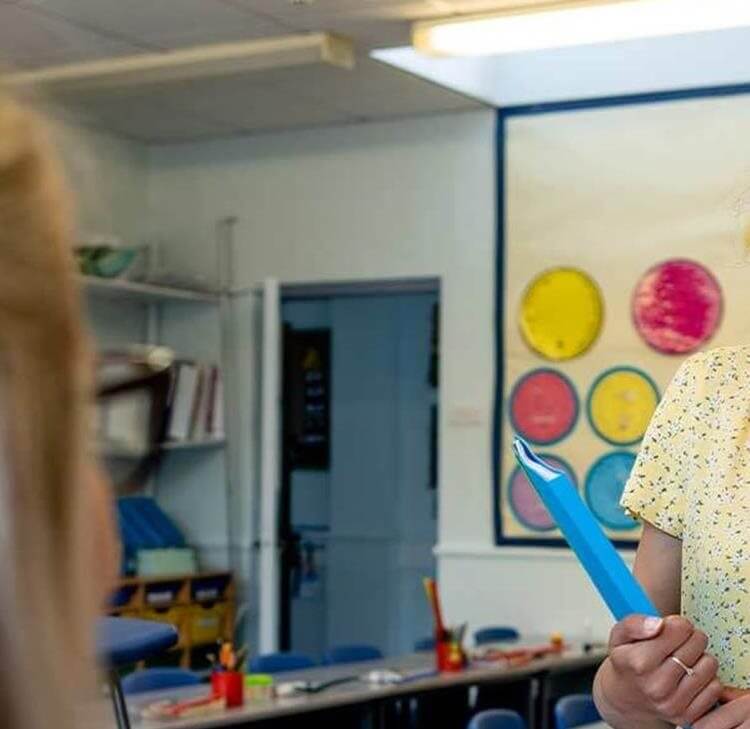Why you shouldn’t buy a dragon with school budget
As a result of a recent Charity Commission legal action, the former trustee of a Welsh charity was ordered to pay over £117,000 to Wrexham charities which support cancer patients.
On first glance I accept that this shouldn’t be a contentious point, but bear with me.
A giant Welsh dragon
As a result of a recent Charity Commission legal action, the former trustee of a Welsh charity was ordered to pay over £117,000 to Wrexham charities which support cancer patients. The ex-trustee had previously been in charge of a charity which operated a shop in a Wrexham hospital. The charity was meant to apply the profits from the shop towards equipment and resources for cancer patients in the surrounding area, but instead spent more than £400,000 on a plan to erect a giant Welsh dragon on the Wales/England border. The idea was to encourage tourism to the area.
Now, an increase in tourism (and all the benefits it could bring to the local residents) is not necessarily problematic, and in certain circumstances could even be considered a charitable activity. The issue in this instance was that the charity’s charitable object - its goal - didn’t relate to increasing tourism, but relating to providing equipment and resources to cancer patients in the Wrexham area.
The advancement of education
Charities must have clear charitable objects, and all their efforts (and money) should be aimed at achieving that purpose. Using a charity’s money on something that is not in line with its charitable objects can be a breach of charity law. Just because an activity might appear to be for the benefit of the public, for the benefit of the charity’s own beneficiaries or even charitable in its own right doesn’t mean that those running the charity can spend their money on that activity. They must have a rational belief that the expenditure directly helps achieve the charity’s objects.
Schools and academy trusts are charities, and therefore have particular charitable objects that they must expend their money and efforts on. The specific objects can vary between educational institutions, but usually focus on the advancement of education (or in the case of Catholic schools and academy trusts, the advancement of the Catholic faith).
With the ongoing cost of living crisis, humanitarian crises in Ukraine and Afghanistan and environmental disasters across several continents, it can be tempting for governors and trustees to consider using school revenue to make donations (either of cash or in kind) to worthwhile charities. However, before making any donations out of school revenue, decisionmakers should consider whether the donation directly helps the school or academy trust achieve its stated charitable objects. The decision and rationale must then be clearly recorded in the minutes for use as evidence later. Schools should also consult the financial framework provided by their local education authority; academy trusts should consider their funding agreement and Academies Financial Handbook for additional factors to consider.
There are alternative mechanisms for schools and academy trusts to be able to donate to non-educational charities, including using school fund donations, asking PTFAs and “Friends Of” charities which support the school to fundraise by themselves, or even providing non-financial support to staff or students to undertake their own fundraising activities. If in doubt, legal advice should be sought before making any donation.
It goes without saying that the purchase of a dragon is unlikely to directly assist in advancing the education of students. I am willing to hear arguments on unicorns, however.









































